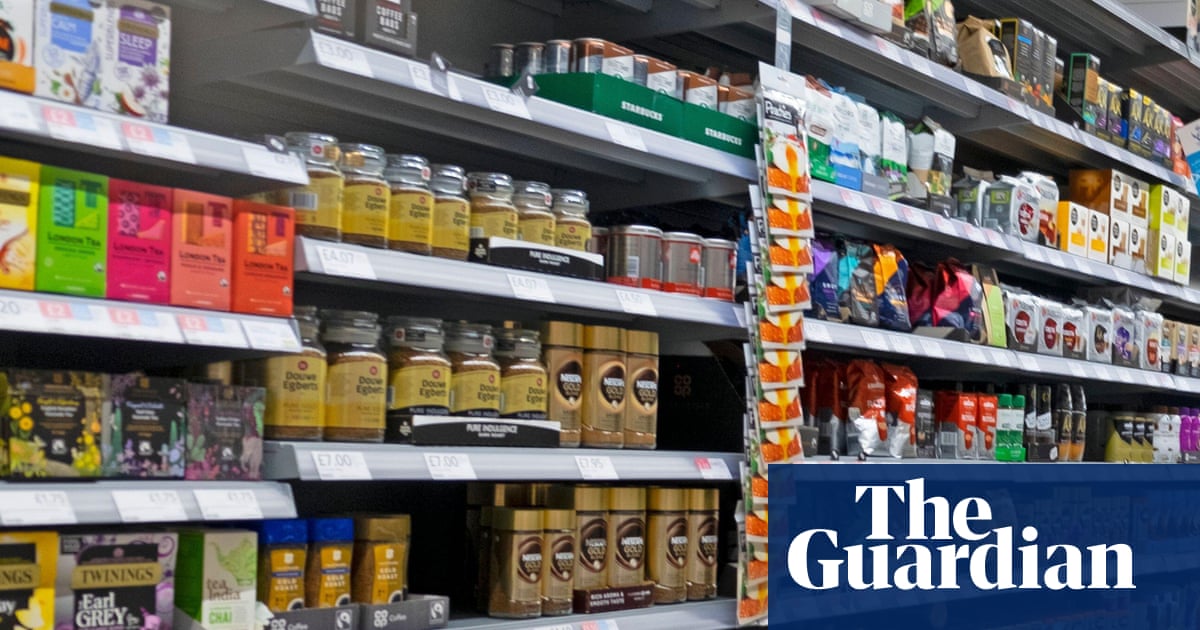
The Co-operative Group has taken the controversial step of paying bonuses to top management despite hanging on to £66m of emergency support from the taxpayer.
Steve Murrells, the chief executive of the food to funeral homes group, earned £2.2m in 2020, a figure that included a £1.4m bonus. Jo Whitfield, who runs its convenience stores, took home £1.4m, about half of which was in bonuses. In all, six members of the management team received at least six-figure bonuses.
Last week, the mutual, which prides itself on its ethical business model, said pretax profits rose from £24m to £127m in the year to 2 January. Its sales were up 5.5% at £11.5bn after its food stores, in common with other supermarket chains, benefited from the switch to home-cooking while pubs and restaurants were closed.
The Co-op has repaid £16m in furlough payments but Murrells said the Co-op’s board had been unanimous in deciding not to hand back the business rates relief. He said additional costs relating to the pandemic, such as staff absence and protective equipment, amounted to about £84m, slightly more than the £82m it had received in government support from furlough and business rates relief.
The use of government support schemes by businesses during the crisis has come under increasing scrutiny as listed companies emerge from the crisis and start to pay dividends to shareholders and award pay rises and bonuses to managers.
This week, the estate agent Foxtons handed its chief executive Nicholas Budden a near-£1m bonus while refusing to pay back millions of pounds of government support. JD Sports also restarted its dividend payments but said it had no plans to return taxpayer subsidies.
Peter Cowgill, JD’s executive chairman, argued that the furlough cash had “done what it was intended to do” in that it had saved the jobs of thousands of people who worked in its stores which had been closed for long periods of time. He countered, however, that essential retailers, whose stores were permitted to stay open, should pay their business rates.
More than a quarter of total business rates relief allowed between 1 April 2020 and 31 March this year, or more than £3bn, went to “essential retailers”, according property advisory firm Altus Group.
More than £2bn of that money has since been repaid, including almost £600m from Tesco alone. However, others including the John Lewis Partnership, which owns Waitrose, Marks & Spencer and The Co-op have hung on to the cash.
The Co-op’s annual report shows that the remuneration committee decided to use “discretion” to reduce the size of the executive bonus payments which included amounts deferred from the previous year. Its chairman, Stevie Spring, said it had “taken into account the pandemic’s headwinds and tailwinds as well as the need to reward colleagues fairly for an exemplary job in an extremely challenging year”.
Bonus entitlements were calculated against an operating profit figure that excluded all government support. A wider pool of 8,000 senior staff, including store managers, are to receive a bonus on average of about 10% of salary.
A Co-op spokesperson added: “After much deliberation the remuneration committee decided to use its discretion to reduce the overall outturn for the executive team. This meant the actual annual bonus amount payable is at a similar level to 2019.”












